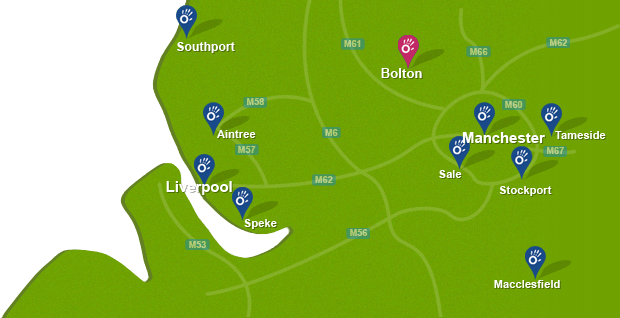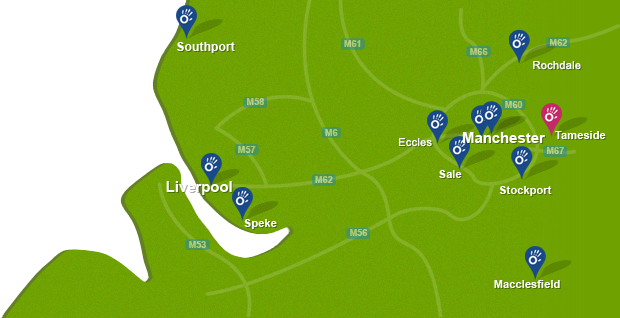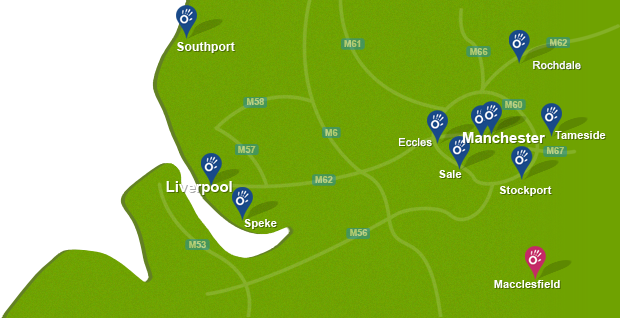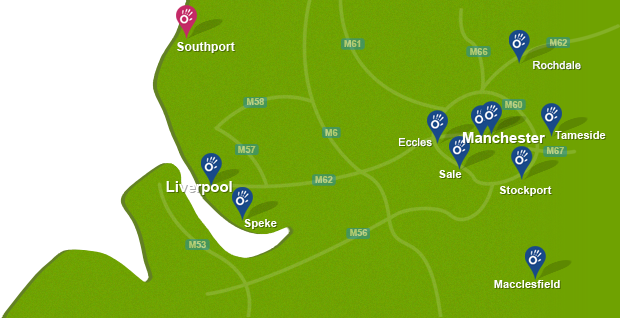Exercises consist of a combination of positions, breathing and activation of your deep core muscles such as your abdominal, spinal and pelvic floor muscles, in addition to those supporting the shoulder girdle and neck. The exercises can be progressed by adding resistance and dynamic upper and lower limb movement to challenge the central core.
Your specialist physiotherapist will teach you how to perform Pilates safely and effectively.
 Above: Pilates exercises target a number of muscle groups.
Above: Pilates exercises target a number of muscle groups.The Six Principles of Pilates
Pilates follows six principles to unite the body and mind by ensuring attention to detail, control and breathing through fluid movements. All six principles are as important as each other to ensure you gain maximum benefit from your Pilate's programme.
The six most important principles of Pilates are:
- Performance Control
- Concentration
- Accuracy
- Fluency of Movement
- Centering
- Breathing
Performance Control
Pilate's exercises must have complete control and no movement should ever be wasted in order to gain maximum benefit from each class or one to one session.
Concentration
Concentration during Pilates is important to allow the body to move correctly and efficiency. You must free your mind to think about the flowing movement, central core activation and breathing control.
Accuracy
Accuracy of movement is essential for gaining optimum alignment and stability during exercises. Your physiotherapist will teach you how to perform each exercise correctly, starting with the basic core activation.
Fluency of Movement
The aim of fluid, controlled movement is to teach all of the muscles to work effectively together, rather than overtraining isolated muscles. You will learn different patterns of exercise which will become easier with practice and will then form routines. Movement in Pilates must follow a therapeutic, slow-paced rhythm.
Pilates can be progressed by performing dynamic movements. Dynamic movements involving upper and lower limbmovement must be fluent whilst maintaining good posture and ultimately strong core control.
Centering
In Pilates centering is the term given to movement initiated from the central core or the ?powerhouse.? All movements must begin and incorporate centering by contracting the transverse abdominal muscles, along with the muscles of the pelvic floor.
Your physiotherapist will teach you how to contract your muscles correctly. Contracting specific core muscles requires little effort however it is often neglected during everyday activity and lifestyle.
Breathing
Breathing helps to contract the working muscles and release the muscles which are not is use while maintaining good posture. The breathing element of Pilates must be followed correctly to aid relaxation and fluency of movement.
Benefits of Pilates
There are many benefits of Manchester Physio Pilates.
Our specialised physiotherapy instructors will teach you how to follow the six principles of Pilates and you will learn how to challenge your core to achieve greater trunk stability, reducing the load on the other muscles and surrounding structures.
Pilates can benefit your general fitness, sporting performance, musculoskeletal or health problem, pregnancy or general well-being. Benefits of Pilates include:
|
|
Manchester Physio Pilates Classes
We offer Pilates classes throughout the North West. Find out more about our Pilates class locations here. We offer free taster classes (1 per person, subject to availability).
To book call Manchester Physio e-mail office@manchesterphysio.co.uk or call 0161 883 0077.


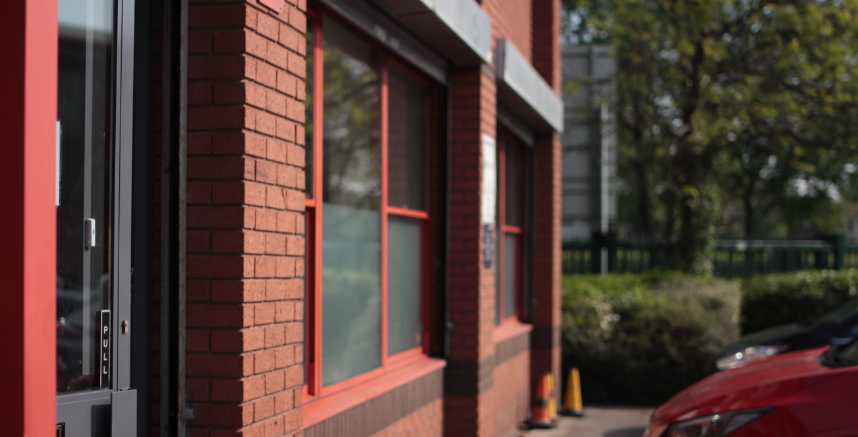
 0161 883 0077
0161 883 0077






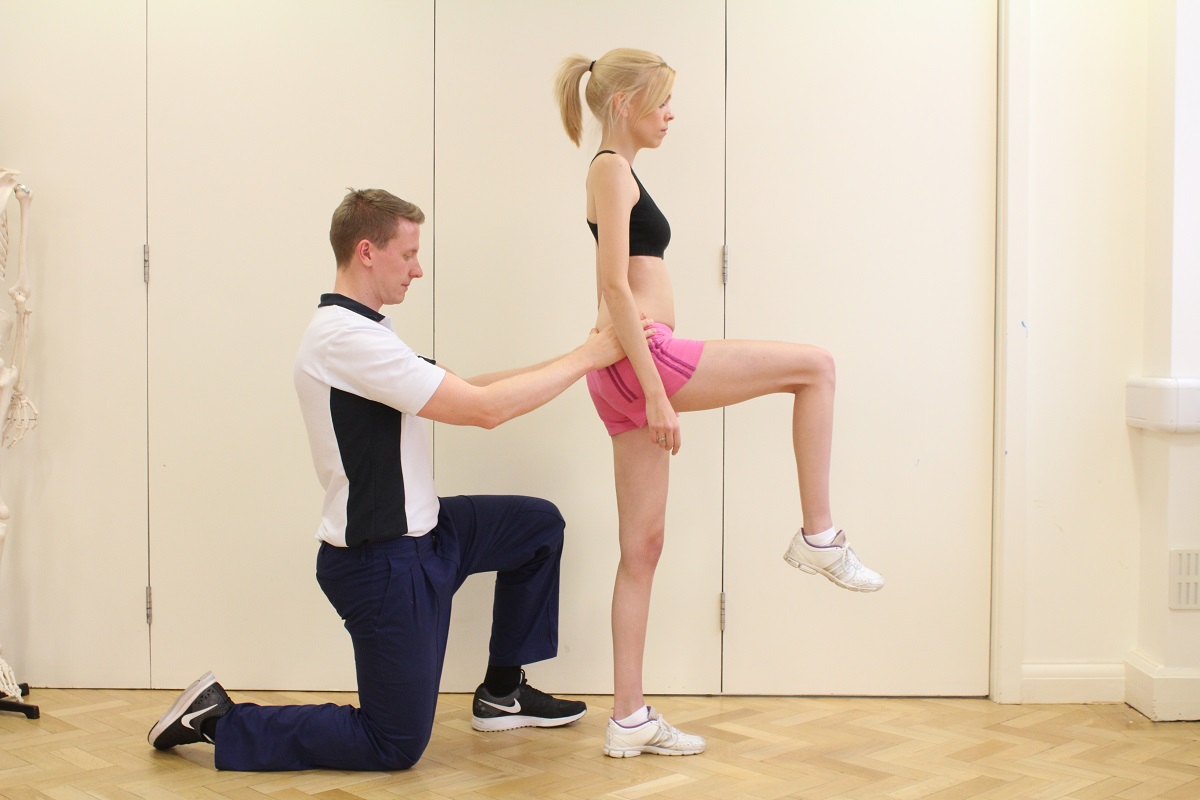
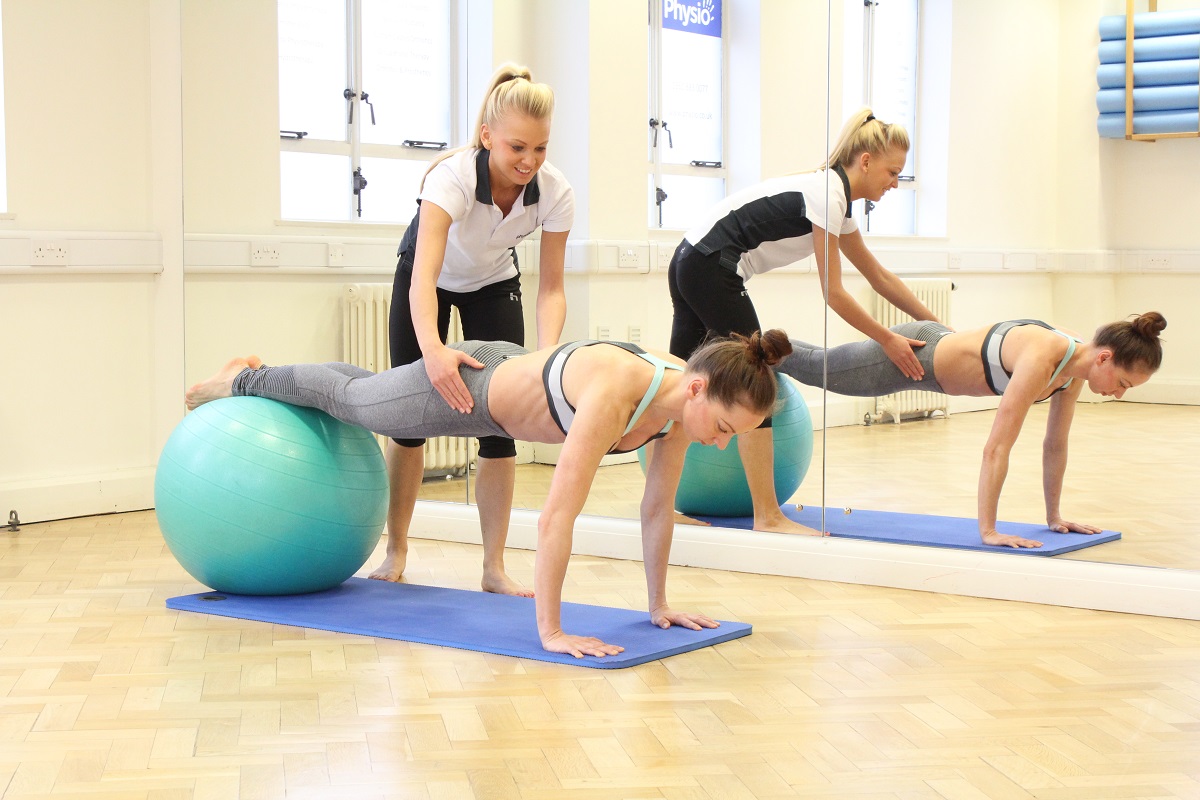
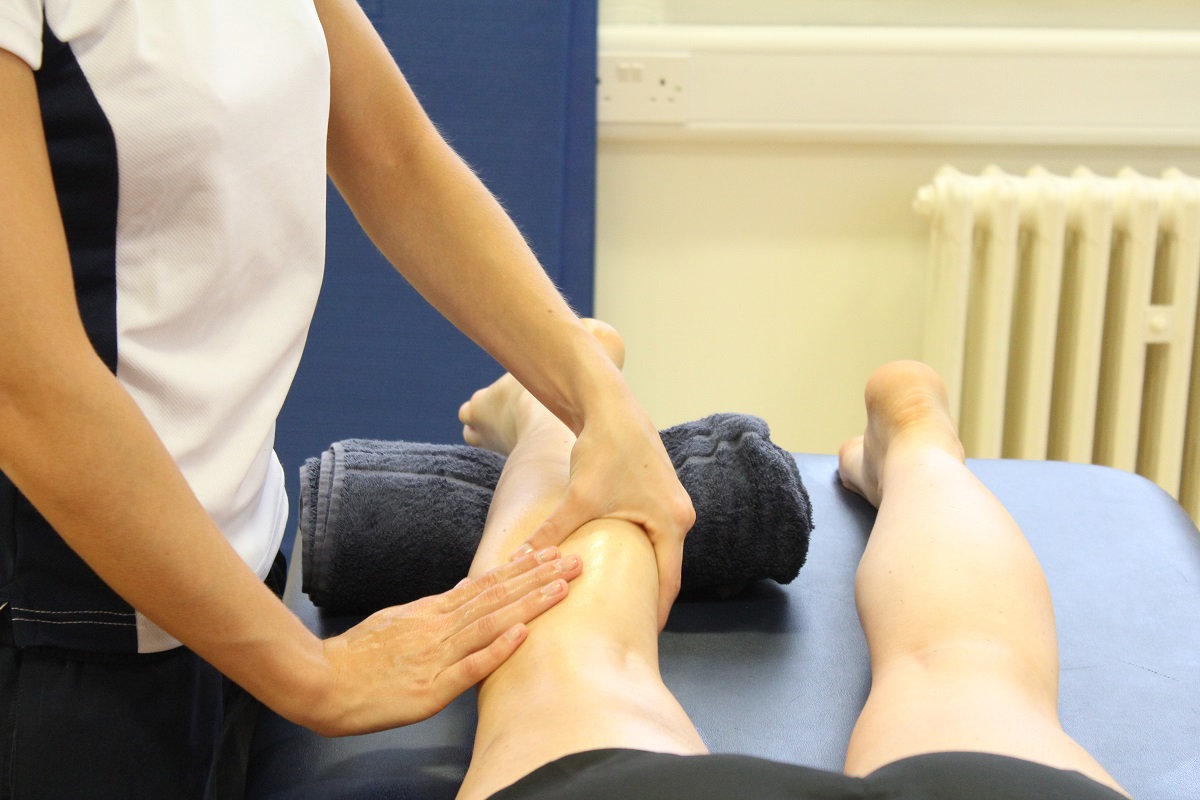
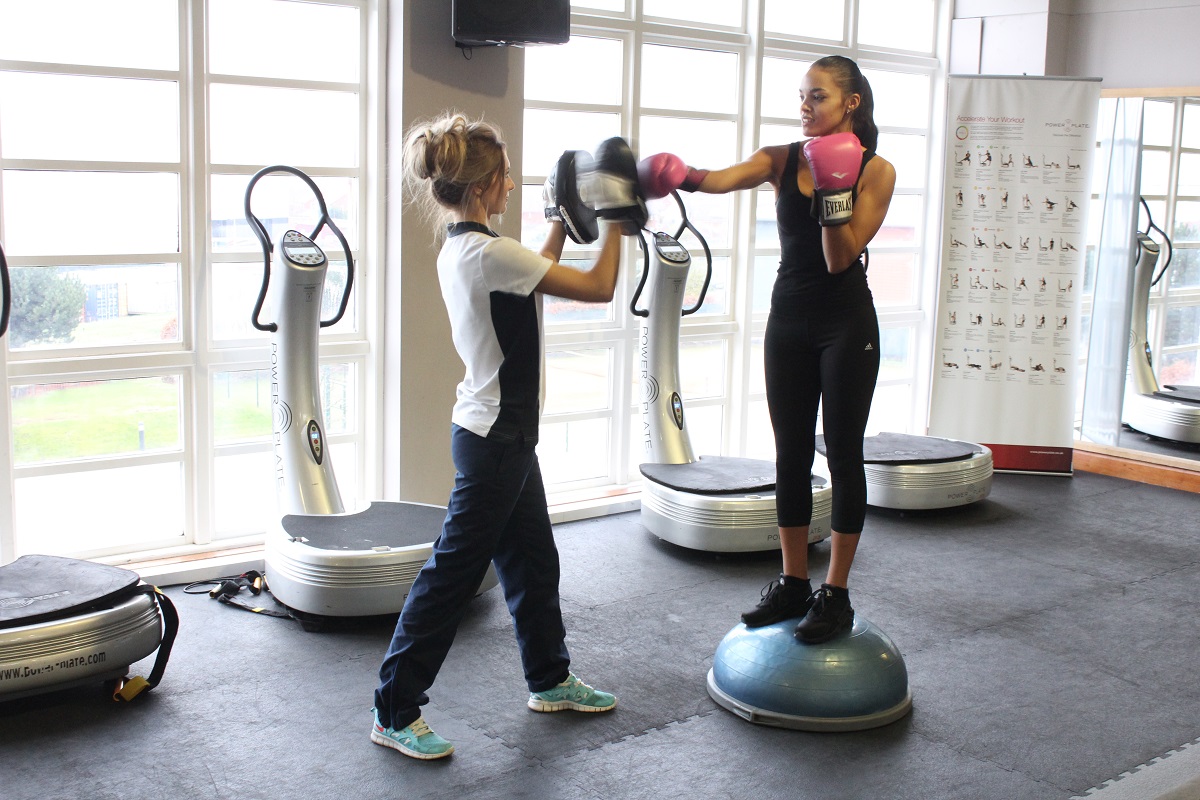


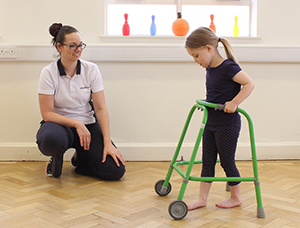
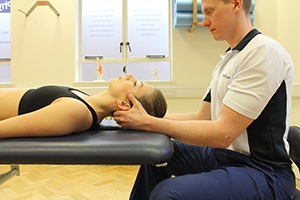






























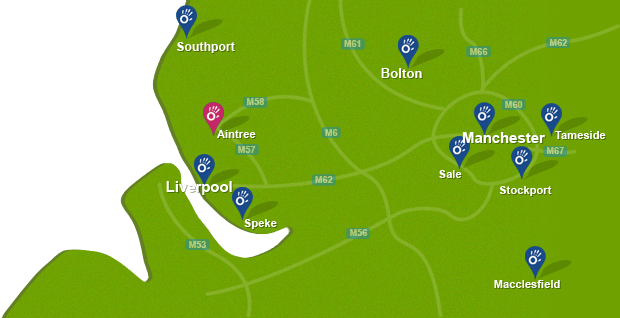

 f
f
